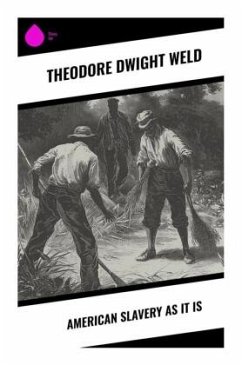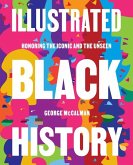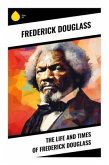In "American Slavery as It Is," Theodore Dwight Weld meticulously compiles a series of firsthand accounts and testimonies that expose the brutal realities of slavery in the antebellum United States. Written in a clear and persuasive style, Weld utilizes stark documentation and emotional appeals to challenge pro-slavery narratives, presenting an unflinching portrayal of the suffering endured by enslaved individuals. This seminal work not only functions as a powerful indictment of the institution of slavery but also sets the stage for the burgeoning abolitionist movement, making it a cornerstone of American reform literature in the 19th century. Theodore Dwight Weld, a prominent abolitionist and advocate for social reform, was deeply influenced by the moral imperative to eradicate slavery, stemming from his Quaker upbringing and education. His experiences working alongside other abolitionists, such as William Lloyd Garrison, and his exposure to the harsh realities of slavery duringhis travels through the Southern states, galvanized Weld to unite his passions for social justice and ethical responsibility, culminating in this impactful publication. "American Slavery as It Is" is essential reading for anyone seeking to understand the historical context of abolition, the lived experiences of enslaved people, and the moral arguments that fueled the movement for emancipation. Weld's compelling narrative not only educates but also evokes powerful empathy, urging readers to confront the legacies of injustice.
Bitte wählen Sie Ihr Anliegen aus.
Rechnungen
Retourenschein anfordern
Bestellstatus
Storno








